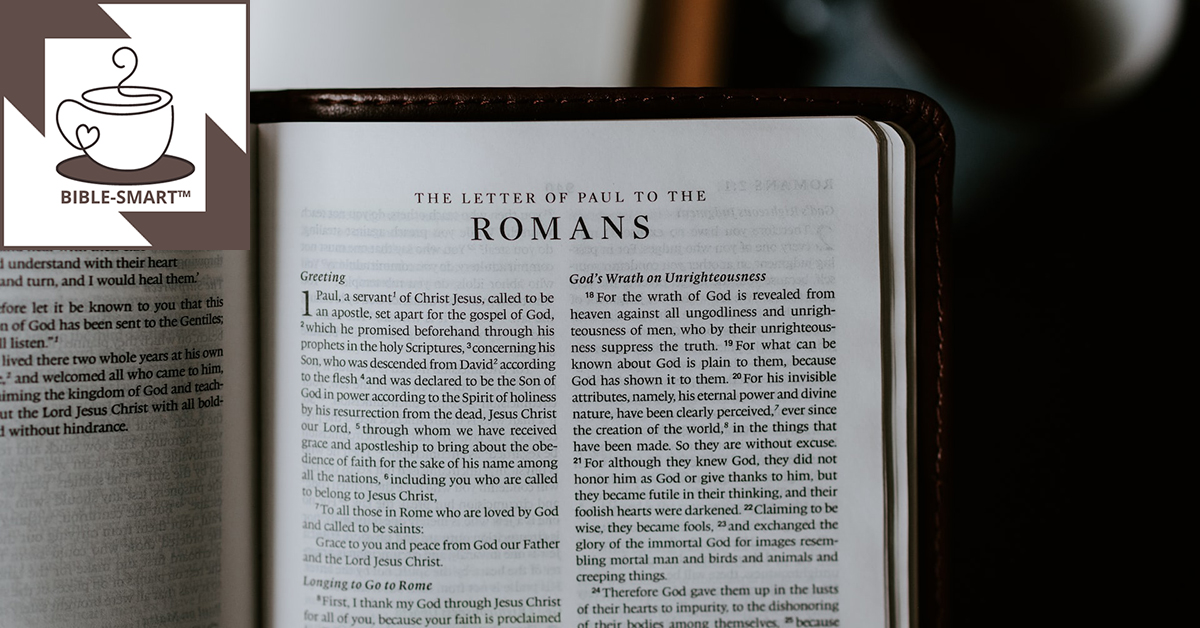Scripture: Matthew 12:22–37
In Matthew 12:31, Jesus is recorded as saying, “Every sin and blasphemy can be forgiven—except blasphemy against the Holy Spirit, which will never be forgiven.”
This is a frightening truth, and one that’s been parsed in so many ways over so many centuries as to make it seem indecipherable. What does it mean exactly to commit “blasphemy against the Holy Spirit”? Here are some of the theories that have been circulated over time.
Theory #1. It was a sin specific to the Pharisees of Jesus’ day, committed when they claimed Jesus’ was empowered by Satan. This was the view of early church fathers such as Jerome and John Chrysostom. According to them, this sin could only be committed when Christ lived on the earth, and so would not apply to anyone after that time.
Theory #2. It is the stubborn unwillingness (the impoenitentia finalis) to repent, all the way until death. St. Augustine and other historic theologians were proponents of this view. Basically, this is the idea that the unpardonable sin is a refusal to accept Jesus Christ by faith for the entirety of one’s life.
Theory #3. It is a “conscious, malicious, and willful rejection and slandering … of the testimony of the Holy Spirit respecting the grace of God in Christ, attributing it out of hatred and enmity to the prince of darkness.” This is the perspective articulated by influential Reformed scholar, Louis Berkhof. He adds that this sin is, “the audacious declaration that the Holy Spirit is the spirit of the abyss, that the truth is a lie, and that Christ is Satan.”
Theory #4. It is a hardened, irrational, irrevocable decision to reject Jesus. The idea here is that of apostasy, of a deliberate and decisive rejection of Jesus as Lord. This is a popular view among evangelical theologians. Dr. Lawrence O. Richards sums up this thinking when he says, “Speaking against the source of Jesus’ power was, first of all, a recognition of its supernatural origin, and second, a hardened rejection of Jesus Himself.… Their choice, made in the face of all the unique evidence which Jesus Himself had presented to them, was irrevocable; they had chosen to step beyond the possibility of repentance.”
Theory #5. It is deliberately honoring Satan for the work of the Holy Spirit. This is also a common view, as articulated by Anglican Evangelical scholar, F. F. Bruce. He says the Pharisees were charged with blaspheming the Holy Spirit because “They deliberately ascribed the Holy Spirit’s activity to demonic agency.”
So what exactly is the unpardonable sin? I don’t think anyone has yet come up with a complete definition—and I think that’s OK. Bruce seems to speak for all opinions when he says, “The nature of this sin is such that one does not repent of it,” and thus “The very fact of [one’s] concern over having committed it proves that they have not committed it.”
ST 252–253; TC 561; HSJ 89–90
“So what exactly is the ‘unpardonable sin?” is reprinted from Bible-Smart: Matthew © 2023 Nappaland Communications Inc. Published Tyndale House Publishers/Rose Publishing. All rights reserved. Reprinted by permission.
Have a question about the Bible? Use the Ask link to submit your question for future consideration on Bible-Smart.com.
Looking for more? Check out these links:











